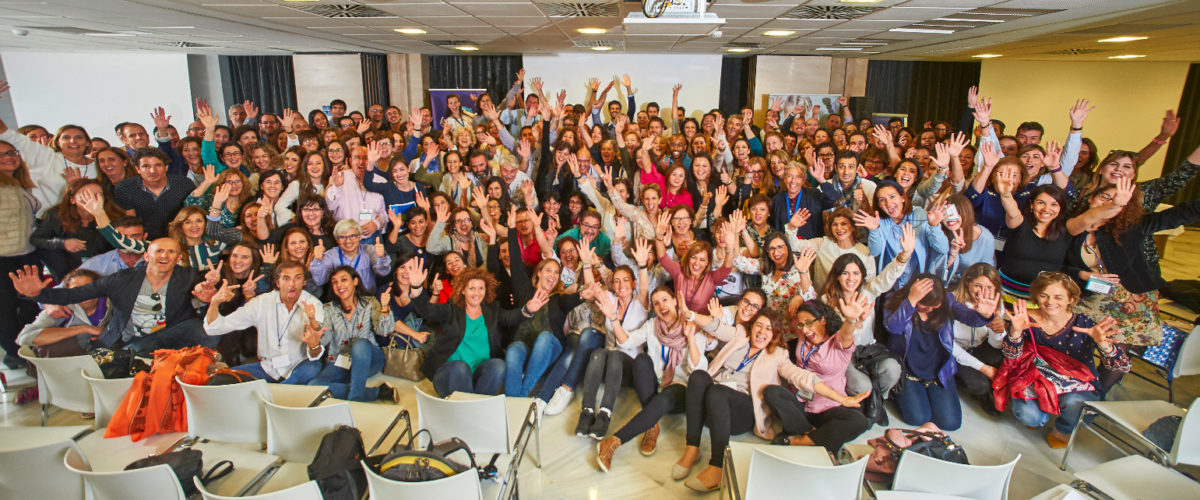15 reflections from the Ateneo Summit 2017
por Edu1st | Abr 5, 2018 |

- This event aims to build a worldwide network of learners and educational
institutions, for all of us to value and have various references to support our
learning path in building a thinking culture. - The process of transforming old paradigms is also changing the teacher’s
personal life. - The construction of a Thinking Culture is a process that can open a person’s
mind to achieve greater goals by unexpected means, taking them to being
flexible.
- Teachers give themselves the opportunities to learn and to be learners, and
through this process, it has been possible to free themselves from the pressure to
know it all. - Teachers recognize the importance of creating an articulated process of
learning in which students, parents, teachers and the community are actively
participating. - Teachers recognize the transformation in their student’s life, noting how their
interest in learning is increasing as the means to learn are changing. - The use of thinking tools and the process of reflecting have allowed people to
challenge assumptions. - Sharing experience, and modeling the teachers’ role in a Thinking Culture.
- Understanding the role of a leader in a Thinking Culture, as everyone, in their
role assume the responsibility and had the motivation to promote positive
change and professional reflection. - The process of professional reflection has been given a privileged role.
- The paradigm shift from working alone in my space/classroom to valuing others
perspectives and my own, and share with others to propose better learning
experiences. - The motivation and rediscovering of the role as teachers; the enjoyment that
they have and share, that they realized they had by using thinking strategies,
working with others, being learners and sharing learning moments with their
students. - How the teachers own the knowledge and understanding and use it in different
areas: subject matters, support areas, with their families, the community, etc. - How what is valued, not only in educational/academic terms changes; but also
for personal life. Students recognizing the importance of being effective in
learning to have time to share with their families or loved ones, for example. - The flexpertise that is developed through the use of thinking strategies,
language, documentation and, overall, the reflection process to generate
metacognition and meta-strategy.


Fantastic insights! Your perspective is very refreshing. For more details on this topic, visit: EXPLORE FURTHER. What do others think?